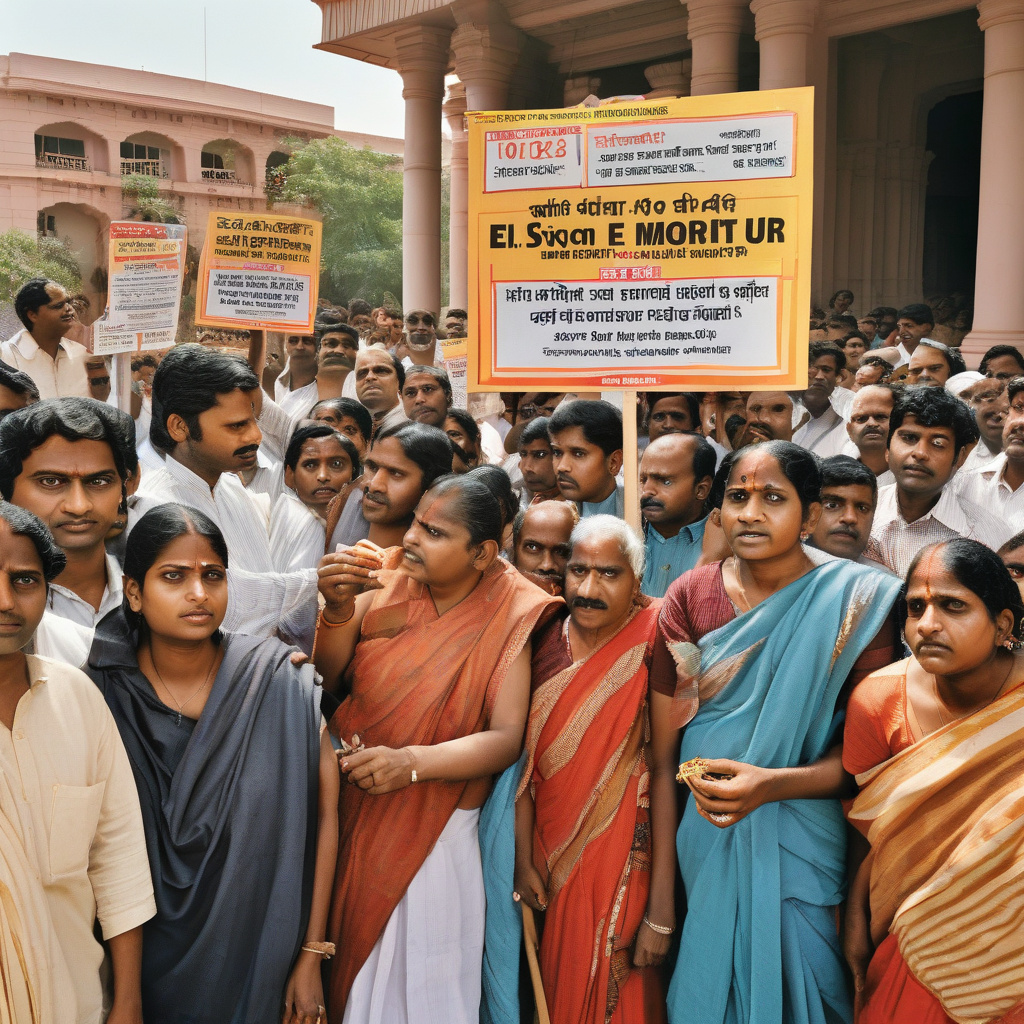E-commerce Platforms Under Fire for Delivering Banned Pan Masala and Gutka
A recent Public Interest Litigation (PIL) filed in the Nagpur bench of the Bombay High Court has brought to light a concerning issue surrounding e-commerce platforms and their role in delivering banned products. The PIL alleges that these platforms are blatantly flouting Maharashtra’s ban on tobacco-mixed pan masala and gutka, posing a significant threat to public health and safety.
The petitioner behind the PIL, Rohan Jaiswal, has made startling claims regarding the ease with which banned products can be obtained through popular e-commerce apps. Despite the prohibition on the sale and distribution of tobacco-laced pan masala and gutka in Maharashtra, Jaiswal asserts that he was able to successfully order and receive these products via an e-commerce platform, raising serious questions about the efficacy of existing regulations and the accountability of online retailers.
This revelation underscores the challenges faced in regulating e-commerce platforms, especially when it comes to enforcing region-specific bans and restrictions. While traditional brick-and-mortar stores are subject to routine inspections and stringent regulations, online retailers often operate in a more opaque environment, making it easier for them to circumvent laws and overlook compliance measures.
The implications of e-commerce platforms facilitating the sale of banned substances are far-reaching. Not only does it undermine the efforts of public health authorities to curb the consumption of harmful products, but it also sets a dangerous precedent for other prohibited items to be traded online with impunity. In the case of tobacco-mixed pan masala and gutka, the potential health risks associated with these products make their unrestricted availability on e-commerce platforms a cause for serious concern.
To address this issue effectively, a multi-pronged approach is necessary. Firstly, there needs to be greater collaboration between regulatory bodies and e-commerce companies to monitor and prevent the sale of banned products. This could involve implementing stricter verification processes for sellers, enhancing product screening mechanisms, and conducting regular audits to ensure compliance with relevant laws.
Moreover, public awareness campaigns can play a crucial role in educating consumers about the risks of purchasing banned goods online and the importance of supporting legal and ethical businesses. By fostering a sense of responsibility among online shoppers and encouraging them to report any suspicious or illegal activities, we can create a more vigilant and empowered community that actively contributes to maintaining the integrity of e-commerce platforms.
In conclusion, the PIL filed against e-commerce platforms for delivering banned pan masala and gutka serves as a stark reminder of the challenges inherent in regulating online commerce. As technology continues to reshape the retail landscape, it is essential that we adapt our regulatory frameworks and enforcement mechanisms to address emerging threats and safeguard public welfare. Only through collective action and a commitment to upholding legal standards can we ensure that e-commerce platforms operate responsibly and ethically, free from the influence of illicit activities.
e-commerce, panmasala, gutka, regulation, publichealth
